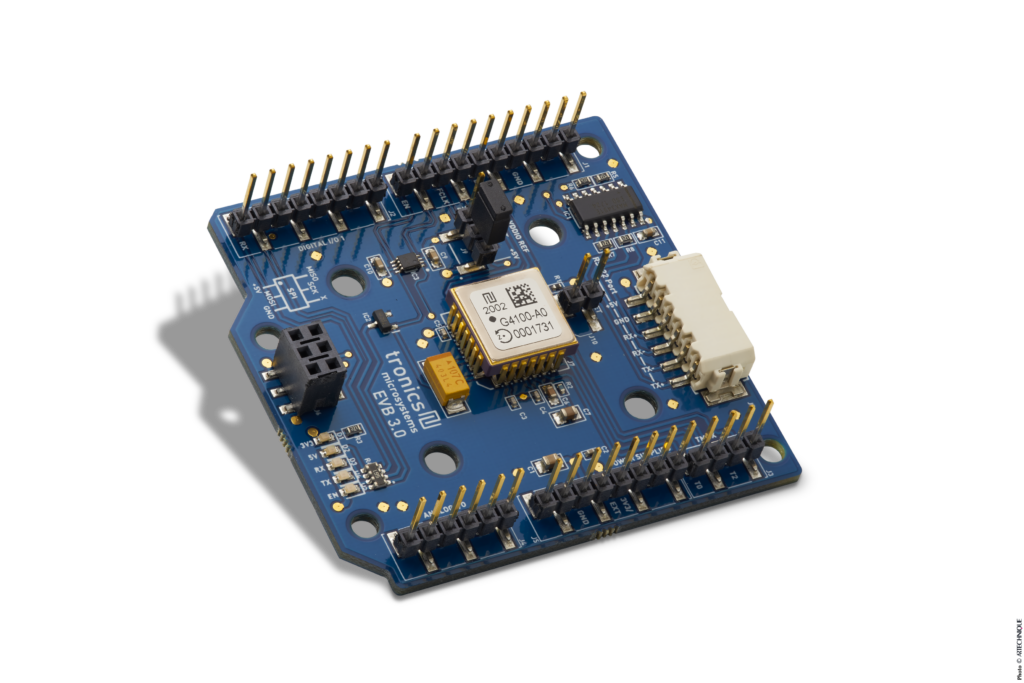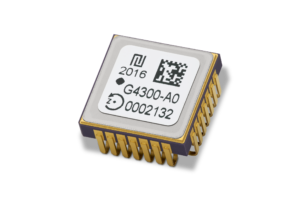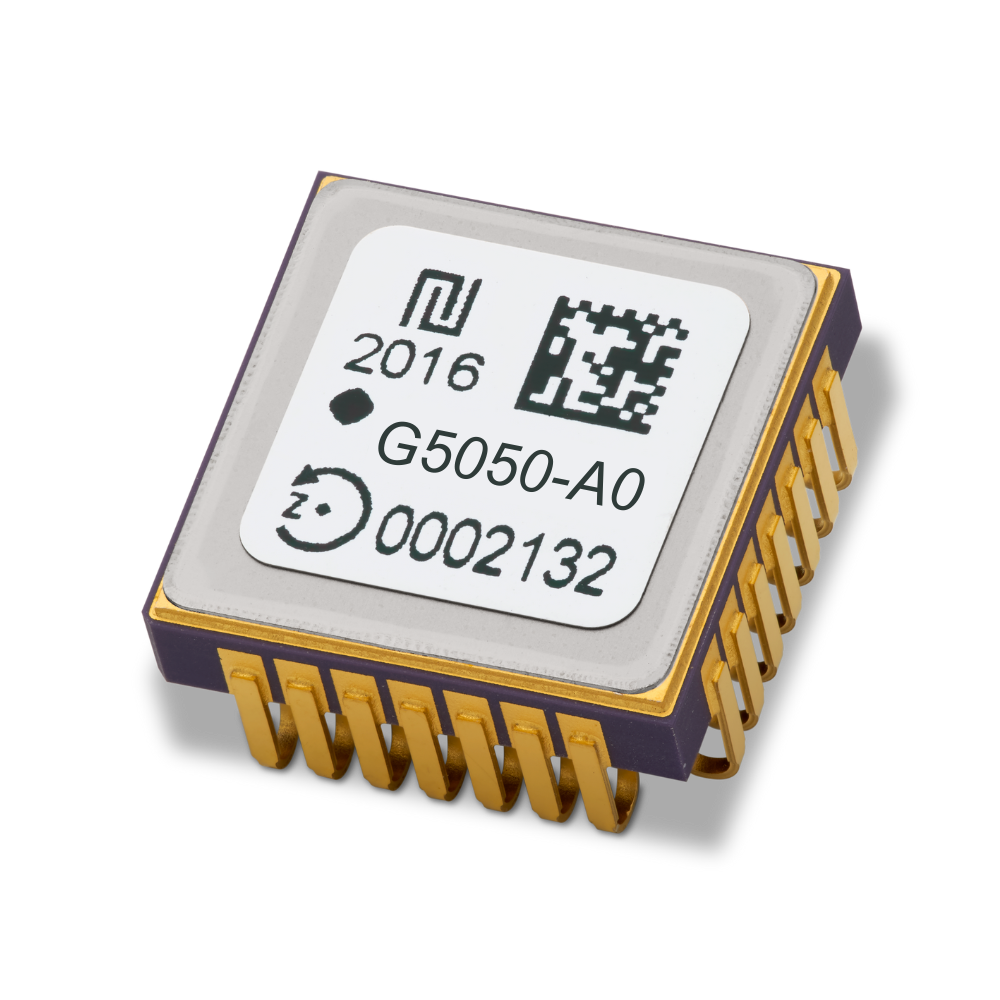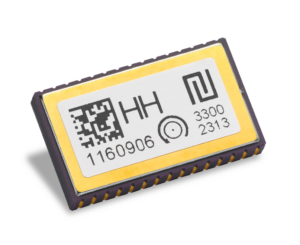High stability digital MEMS gyros
GYPRO® is a unique family of high performance closed-loop digital MEMS gyroscopes housed in a SMD package. While open-loop MEMS gyros tend to demonstrate poor performances in harsh conditions, the built-in force-rebalance architecture makes our GYPRO® high stability MEMS gyros extremely linear and insensitive to vibrations and linear accelerations.
High performance MEMS gyros for dynamic applications
Leveraging a best in-class vibration rejection, excellent bias stability and Angular Random Walk (ARW), GYPRO® is the perfect candidate for precision attitude and angular rates measurement in demanding environments.
The superior bias stability, scale factor repeatability and low latency make GYPRO an industry-leading sensor solution to build IMU (Inertial Measurement Unit) for high performance attitude and motion control systems as well as INS (Inertial Navigation Systems) for GNSS-aided positioning and navigation of dynamic applications.
Low-SWaP alternative to Fiber Optic Gyros (FOG)
Our GYPRO digital MEMS gyroscopes feature a 24-bit digital SPI interface that speeds-up their integration compared to conventional analog sensors. The in-house factory calibration removes the need for costly and complex temperature modeling and compensation at system-level. For applications where safety matters, the digital interface integrates an initial self-test as well as a unique continuous in-operation self-test.
Contrary to expensive and bulky solutions like FOG (Fiber Optic Gyros) and DTG (Dynamically Tuned Gyros), our high stability digital MEMS gyros are housed in a miniature hermetic SMD package that reduces the overall SWaP-C (Size, Weight, Power and Cost).
For applications requiring both high precision angular rate and acceleration measurement with high stability, the GYPRO gyroscopes are ideally complemented by our AXO® closed-loop digital MEMS accelerometers sensors that feature the same digital interface and SMD package, paving the way to a new generation of low-SWaP high performance multi-axis sensors solutions.
Key features
- 1-axis yaw rate gyro (Z-axis)
- Closed-loop architecture for best-in class linearity
- 24-bit digital SPI interface
- Hard-coded electronics, no software
- Initial and continuous self-test
- Hermetic ceramic SMD package
- Factory-calibrated
- Non classified under dual-use export control
MEMS Gyros Evaluation Boards
To speed-up the evaluation of our GYPRO MEMS precision gyros, Tronics has designed the GYPRO-EVB3, an evaluation board compatible with Arduino Leonardo platform. Simply plug your Arduino board on the GYPRO-EVB3, connect the USB interface and download Arduino.

GYPRO® Evaluation Board
Let's talk about your project !
MEMS gyros evaluation tools tutorials

Evaluation Tool – Tutorial – Installation and Programmation of the Evaluation Kit

Evaluation Tool – Tutorial – Software


